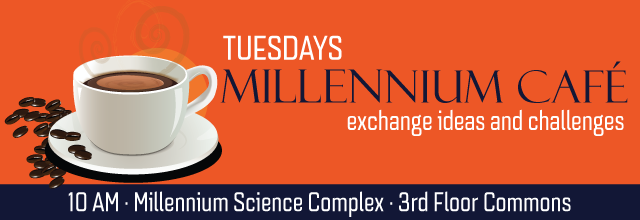Neela Yennawar | Huck Institutes of the life Sciences
The need for accurate biophysical description of macromolecules, multimerization, flexibility, dynamics and binding in their solution state has gained importance in various fields, including biology, chemistry, biophysics, biochemistry, structural biology, drug discovery, and antibody drugs. Multiple complimentary analyses need to be performed for success with high resolution structural methods such as X-ray crystallography and cryo-EM. Recent unique capabilities at the Huck X-ray crystallography and biological calorimetry facilities focus on a combination of tools for studying solution state structures: size-exclusion chromatography (SEC), multi-angle light scattering (MALS), dynamic light scattering (DLS), small-angle X-ray scattering (SAXS), analytical ultracentrifugation (AUC), isothermal calorimetry (ITC), differential scanning calorimetry (DSC) and circular dichroism spectroscopy (CD).

